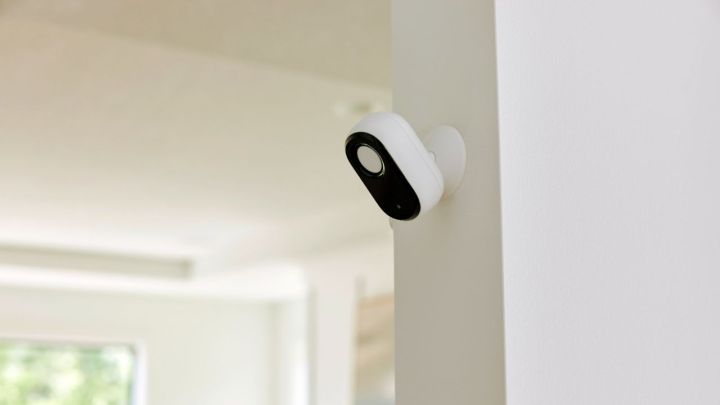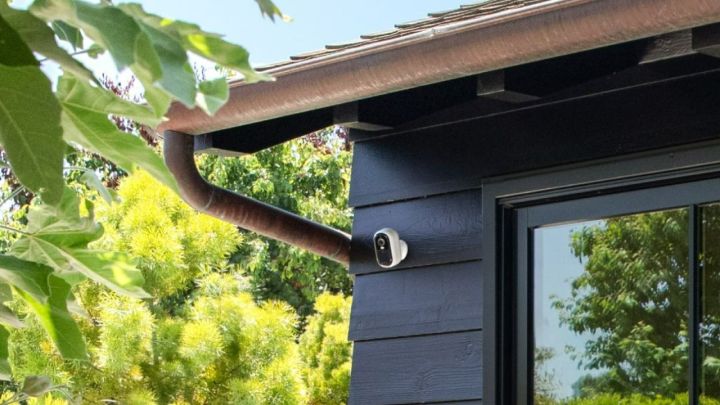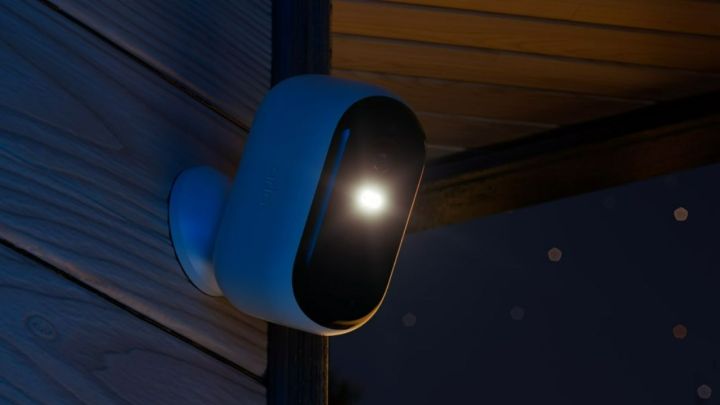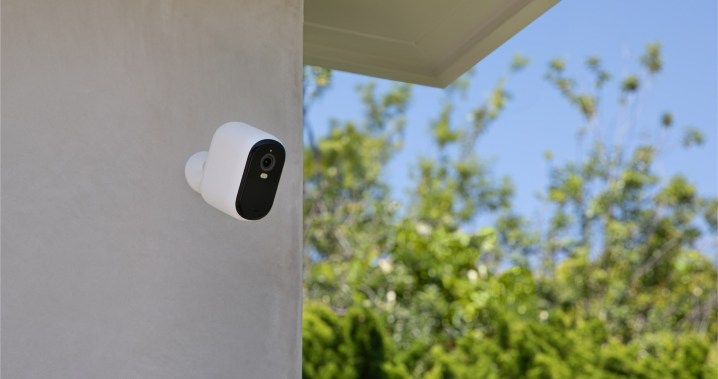The Arlo Essential XL Gen 2 and Arlo Essential Gen 2 are among the newest additions to the company’s catalog. Along with incredibly similar names, the two share a lot of the same features. And when placed side by side, they look similar, too. However, there are a few key differences between these products, including both performance and pricing.
Trying to figure out which is best for your smart home? Here’s a closer look at the Arlo Essential XL Gen 2 and Arlo Essential Gen 2 to help you make the right decision. Once you’re done looking at these two popular cameras, be sure to check out our roundup of the best outdoor security cameras and the best security cameras for both indoor and outdoor use.
Pricing and monthly fees

The Arlo Essential Gen 2 is available in two formats — HD and 2K. The HD model costs $50 and the 2K model costs $100. It’s a similar story for the Arlo Essential XL Gen 2, with the HD model costing $100 and the 2K model costing $150.
Arlo Secure is the monthly subscription plan for both products, with the cheapest plan costing $5 per month. This plan is likely enough for most subscribers, as it offers cloud storage for videos, smart notifications, and the ability to set up smart activity zones. The $5 plan only covers a single camera, so if you own multiple cameras, you’ll be on the hook for $13 per month.
The next plan, Secure Plus, costs $18 per month and adds 24/7 emergency response. It’s worth considering this plan if you have multiple cameras (it’s just $5 more per month the corresponding Arlo Secure plan), though it’s not the best investment for homes with a single security camera.
The most expensive plan is Safe and Secure Pro at $25 per month. This provides users with a bunch of additional features on the Arlo Safe app (including emergency contact alerts and family check-ins). You’ll also get 24/7 professional monitoring if you own an Arlo Security System.
For more details, check out our in-depth look at Arlo Secure.
Winner: Arlo Essential Gen 2
Design and installation

The Arlo Essential Gen 2 and Arlo Essential XL Gen 2 are both wireless cameras, meaning setup involves little more than syncing with your Wi-Fi network and mounting them to your home. They use a simple sliding mechanism to dock and undock the camera from its mount — making it easy to take it down for maintenance or to remove its battery pack.
The hardest part of installation will likely be figuring out where to mount your security camera. Most users place it above a front door overlooking their patio, though other common spots include backyard gazebos or even tree trunks. Be sure to find a spot that gives you the most coverage of your property and can’t be easily reached by intruders.
As for their design, you’d be hard-pressed to spot the differences between the two cameras. The XL is a bit bulkier, but unless they’re placed right next to each other, it’s nearly impossible to tell. Both sport Arlo’s standard black-and-white color scheme, with a white chassis surrounding a black faceplate and camera housing. No other colors or patterns are offered.
Winner: Tie
Resolution and night vision

The Arlo Essential Gen 2 can film in 1080p or 2K, depending on which model you purchase. It’s the same story for the Arlo Essential XL Gen 2. Both also capture color night vision and are rated for indoor and outdoor use, and both sport a 130-degree viewing angle. As a bonus, the two gadgets come with a built-in spotlight — and while it’s not as powerful as a true floodlight, it’s great for deterring unwanted guests.
Winner: Tie
Features and spec list

The Arlo Essential Gen 2 and Arlo Essential XL Gen 2 share most of the same specs. This includes viewing angle, color night vision, two-way audio, a built-in spotlight, and wireless connectivity. They’re both waterproof and weather-resistant, allowing you to use them in all climates.
The big difference between the two is battery life. While the Arlo Essential Gen 2 is rated for around four months of battery life, the XL is rated for a staggering 16 months. That makes it incredibly compelling for use at a second home or vacation rental that you don’t visit very often. It’s also ideal for homes that plan to put the camera in a hard-to-reach place — meaning you won’t have to take out a ladder and pull down the camera more than once a year.
Keep in mind that most users will see battery life that falls short of these ratings, as real-life conditions (such as extreme weather and increased motion alerts) hurt performance.
Winner: Arlo Essential XL Gen 2
Is the Arlo Essential XL Gen 2 worth an extra $50?
For most households, the Arlo Essential XL Gen 2 is a reasonable purchase. It’s $50 more expensive than the standard Arlo Essential Gen 2, but its incredible battery life is a huge quality-of-life upgrade, allowing you to go an entire year without worrying about your camera. It’s an even easier recommendation if you plan to use it at a second property, as it negates the need to head out every few months just to replace batteries. If you plan to use the security camera for the next several years, you’re saving yourself a lot of time and headaches.
Alternatively, homes on a budget (or homes that’ll be placing the camera in an easy-to-reach location) can save a few bucks by picking up the Arlo Essential Gen 2. Almost all features are shared across the devices, making battery life the primary consideration.
Since both cameras are available in either HD or 2K, you’ll need to decide if the increased resolution is important to you. We’d recommend springing for a 2K model if you have a large property to protect, as it allows you to capture clear images even after zooming in. But if you’re just planning to point the camera at a small area near your front door, you can get away with an HD model.
Keep in mind you’ll also want to pick up an Arlo Secure subscription — so be sure to factor that ongoing cost into your calculations.
Editors’ Recommendations

